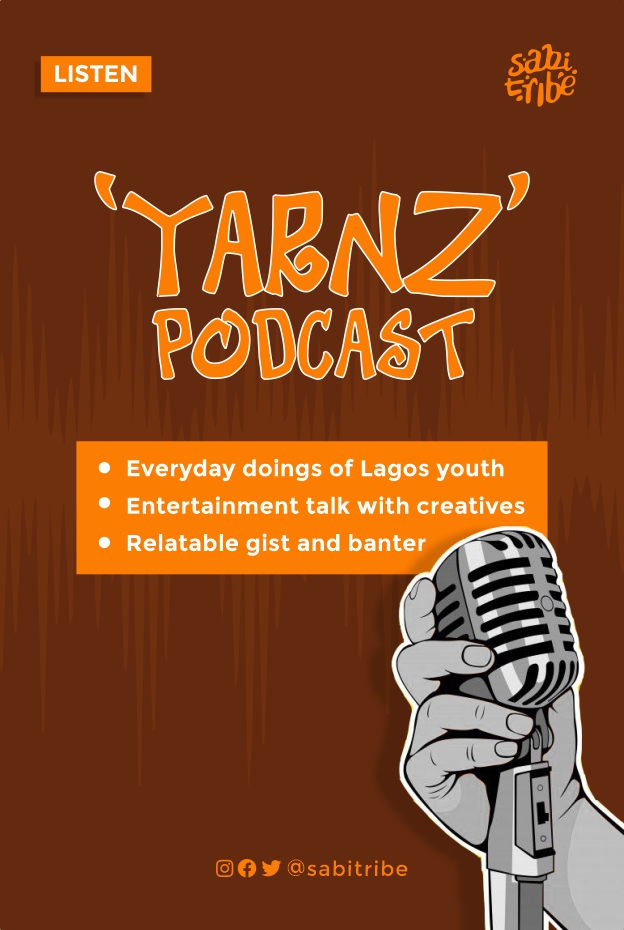Omo Ibadan Ki Ni Show!
Located in South-Western Nigeria, Ibadan is an ancient city located in Oyo State where it also serves as the capital. It is the third largest city by population–after Lagos and Kano–and the country’s largest city by geographical area.
It was the second most populous city in Africa and the most populous city in the country at the time of Nigeria’s independence in 1960. It’s no wonder why the seat of government of the then Western Region was located in this great city. Ibadan attracted several infrastructural development and monument making it a home of many firsts.
Here are 7 historical places in the city of Ibadan:
1. University Of Ibadan
Established in 1948, the University of Ibadan is the first university in Nigeria. It was first a college of the University of London (in a special relationship scheme) until it became a full-fledged independent university in 1962.
The establishment came as a result of the recommendation of the Asquith and the Elliot Commissions on Higher Education in the then British Colonies. They suggested that two university colleges of the University of London be set up in Ghana and Nigeria.
The University of Ibadan is still one of the top-ranked universities in the country.
2. University College Hospital (UCH)
UCH was strategically located because at the time Ibadan was the largest city in West Africa. The physical development of the Hospital commenced in 1953 in its present location and it was formally commissioned on 20th November 1957 with 500-bed spaces.
The University College Hospital hospital and the University of Ibadan function in excellent symbiosis. History has it that it used to be a place of treatment for prominent Nigerians and even some outsiders.
3. Obafemi Awolowo Stadium
The stadium was opened in 1960 by the late Chief Obafemi Awolowo, who was serving as the Western Region’s Premier. It was formerly known as Liberty Stadium until 2010 (named in honour of the country’s independence).
At inception, the stadium boasted of a football pitch, an indoor sports hall, a swimming pool, a tennis court, a handball court, a basketball court, volleyball court, a hockey court etc.
The stadium is presently located at Liberty Road, Ring Road.
4. Western Nigerian Television Service (WNTS)
The first terrestrial television broadcast signals in Africa occurred on Saturday, October 31, 1959 right in the city of Ibadan and they belonged to Western Nigerian Television Service. The WNTS evolved into what we know now as NTA Ibadan.
In 1975, the Federal Government established the Nigerian Television Authority network service through which they acquired all television stations in Nigeria to form one network, this converted the name from WNTS to NTA Ibadan.
The station also played a significant role in bringing the tapes of Yoruba travelling theatre productions to households.
5. Cocoa House
With a height of 105 metres, the Cocoa House was completed in 1965 and it was then the tallest building in Nigeria and the first skyscraper in West Africa. Initially named “Ile Awon Agbe” (House of Farmers), it was said to be built from proceeds of Agricultural commodities; majorly Cocoa.
The 26-storey building is still seated at Dugbe, a major commercial area in the historical city.

6. Queen Elizabeth Road
Queen Elizabeth Road, the first dualized road in Nigeria, which is now the road from Mokola to Agodi-Gate in Ibadan. It was commissioned in 1956 by the late Queen Elizabeth, which is why it was named after her.
The road has witnessed a lot of transformation along its axis over the years as different infrastructures now lie along the road.
7. Ibadan Housing Estate
Located in Bodija, it was the first housing estate in Nigeria. Birthed in the year 1959, it was created by the decision of the regional government to increase the number of modern houses available in the city.
The estate was built on a 400-acre of land. Having the basic amenities, including light, water and a garage den, the estate housed 3 types of structures for different people. Most of the houses were occupied by white-collar workers and professional people.
#Traditional is a segment documenting the beauty of indigenous culture. This edition features 7 Historical Places That Make Ibadan A Home of Firsts.










